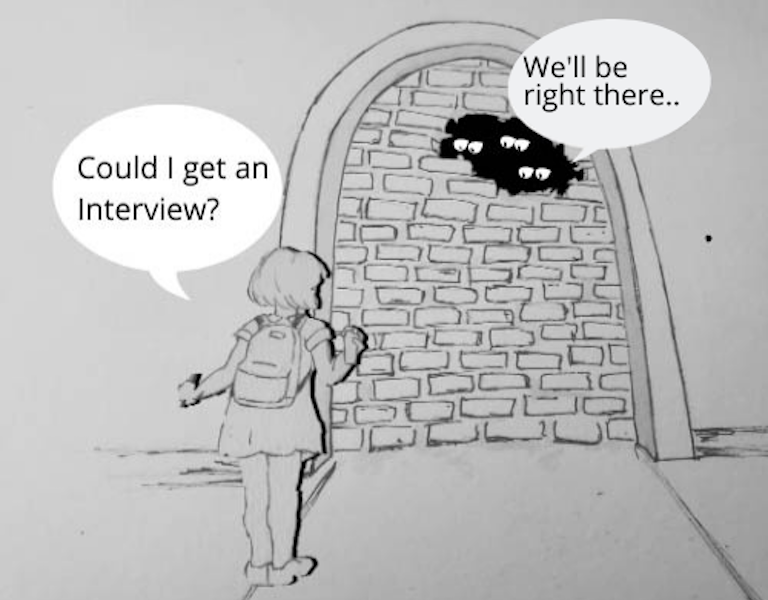“Any entity that prohibits people from communicating except when they notify the authorities is keeping information from the public.” Kathryn Foxhall, Freelance Reporter
This semester, the Mesquite and other Jaguar Student Media outlets have frequently discussed free speech, the First Amendment and the impact of public information officers (PIOs) on student journalists. These topics affect not only student journalists, but seasoned professionals and consumers of the news.
In 2015, the Society of Professional Journalists (SPJ) met with President Obama’s press secretary to discuss the daily challenges modern journalists face. Among these issues was the role of public information officers who oversee the flow of information. Society representatives wrote that the Obama administration promised to be the most transparent administration in American history, but journalists struggled over increasing difficulty “to speak to federal agency employees, conduct interviews and obtain information that should be readily available to the general public.” This meeting followed years of work by SPJ to promote transparency for the American public and the ongoing fight against censorship of the press.
In August, 2019, the Texas A&M University-San Antonio administration made a positive personnel change by bringing on Jeanette De Diemar as vice president for Advancement and External Relations. De Diemar set to work, hiring staff and establishing departmental practices, but some are detrimental to experiential learning and a free press.
De Diemar is the central point of contact, arranging interviews for student reporters, while John LoCurto, Compliance Officer III, serves as the official PIO for A&M-San Antonio. The distinction was learned Dec. 12, during a meeting with both to clarify the rights of student journalists reporting at open forums on campus. For student reporters, learning about the flow of information on campus has been complicated by unclear processes put forth by administration. Students must dig and dig to learn what channels to go through, further complicating the reporting process.
Since September, the office of university advancement has required reporters from Jaguar Student Media outlets to request publicly available information and interviews through the university’s Office of Marketing and Communications (Marcom). On numerous occasions, staff and members of university administration who are subject experts shut the door, immediately referring student reporters to De Diemar, and (previously) Cristian Sandoval, former executive director of Marcom. To be clear, Marcom does not attempt to control, censor or mediate interviews with faculty or students; the practice only applies to staff and administration.
Our goal is not to demonize the university but to report the truth. It is up to the students, faculty and staff to form their own opinions on the matters covered.
While using a PIO and points of contact are standard practices in the Texas A&M University system and other universities, pipelining information through one office can be detrimental to ensuring diverse and equitable representation. There are staff members on campus who may never be interviewed due to Marcom’s identification of sources. This set-up may seem like harmless institutional protocol, but for reporters at a public university, this is a form of censorship. All faculty, staff and students at a public university should be given the opportunity to speak freely with student reporters on issues that impact them, without a Marcom representative sitting in on the interview.
In a Dec. 12, 2016 blogpost published by SPJ, freelance reporter Kathryn Foxhall outlined practices that PIOs use to censor reporters. Foxhall states that “Any entity that prohibits people from communicating except when they notify the authorities is keeping information from the public.” Reporters for Jaguar Student Media act as information liaisons for fellow students, faculty and staff at A&M-San Antonio. Putting unclear protocol in place is Marcom’s way of deciding what kind of access journalists and the public have to information about the university.
The goal of PIOs and points of contact who are in compliance with TAMU System’s open record training should be to offer student reporters — and all students and employees — better access to the information they are seeking; they should not filter information down to fit an agenda. Because the Mesquite operates under the time constraints of each semester, it is imperative that fact checking and research be timely. Many of the students reporting for Jaguar Student Media do so as part of their course work, meaning that delays in receiving information can negatively affect their academic success. If A&M-San Antonio is going to insist on requiring student reporters to go through Marcom for information, then student reporters and their needs must be prioritized.
Editors from the Mesquite met with De Diemar Dec. 3 to discuss media policies, and as an opportunity to respond to our complaints prior to the publication of this editorial. At the meeting, De Diemar confirmed there are no written media policies by which Marcom abides; instead, the office uses “best practices,” a flexible term that lacks clarity. With Marcom having no media policies in place, entities involved lack guidelines and structure, naturally causing miscommunication, resulting in student reporters missing deadlines and publishing less content with fewer sources. If the university’s goal is to have student media exclusively publish information that lacks diversity and transparency, then they are achieving it. We recommend Marcom work with the Jaguar Student Media outlets to implement clear media policies, continue the dialogue between offices and ensure a collaborative campus environment.
Marcom assured editors that the office’s goals are the same upheld by the Mesquite: to inform the students, faculty, staff and the public about the university. While these two offices may share similar values, such as timeliness and accuracy, the ultimate goal is different for each of them. Marcom is the marketing and public relations arm of the university; their job is to uphold the image of the university above all else. The Mesquite is a news outlet, which means that accurately informing readers is the job we perform. Our goal is not to demonize the university but to report the truth. It is up to the students, faculty and staff to form their own opinions on the matters covered.
Informing the A&M-San Antonio community is a privilege taken very seriously by those who do it. Marcom is not being asked to stop preserving the reputation of the university, but to assist in ensuring a smooth flow of communication. As a student organization, The Mesquite prides itself on upholding the code of ethics outlined by the SPJ. This code states that journalists must “seek truth and report it”; however, the current environment hinders student reporters from doing so.
Updated Dec. 16 to resize illustration.







